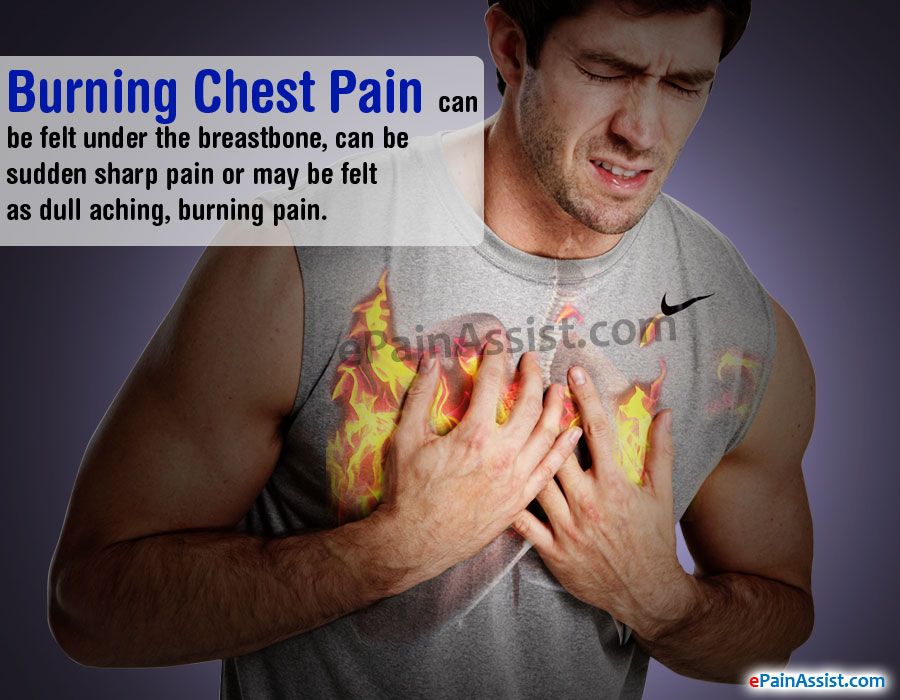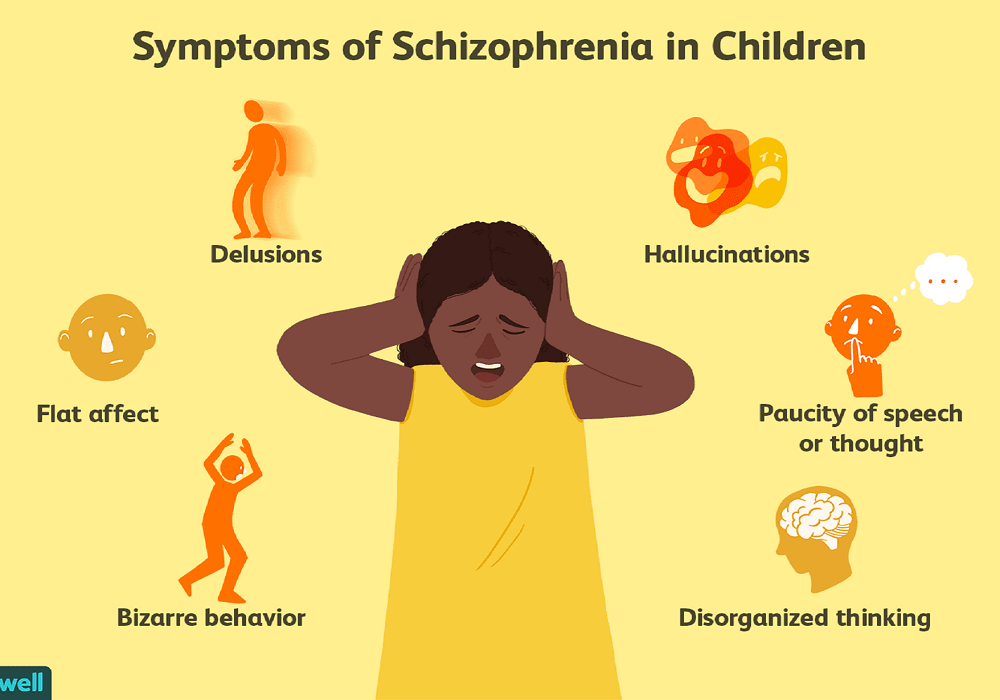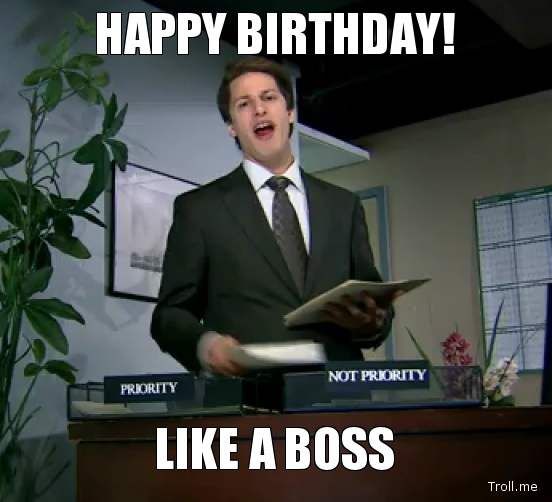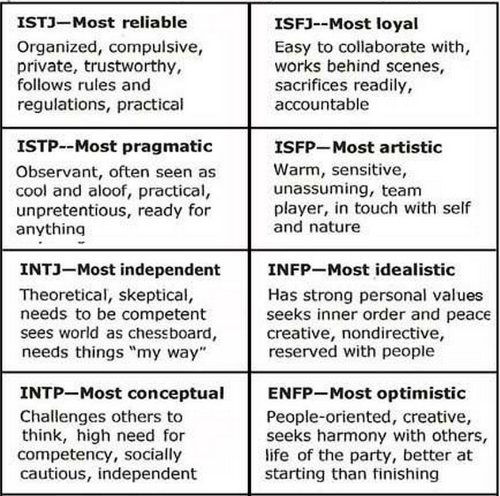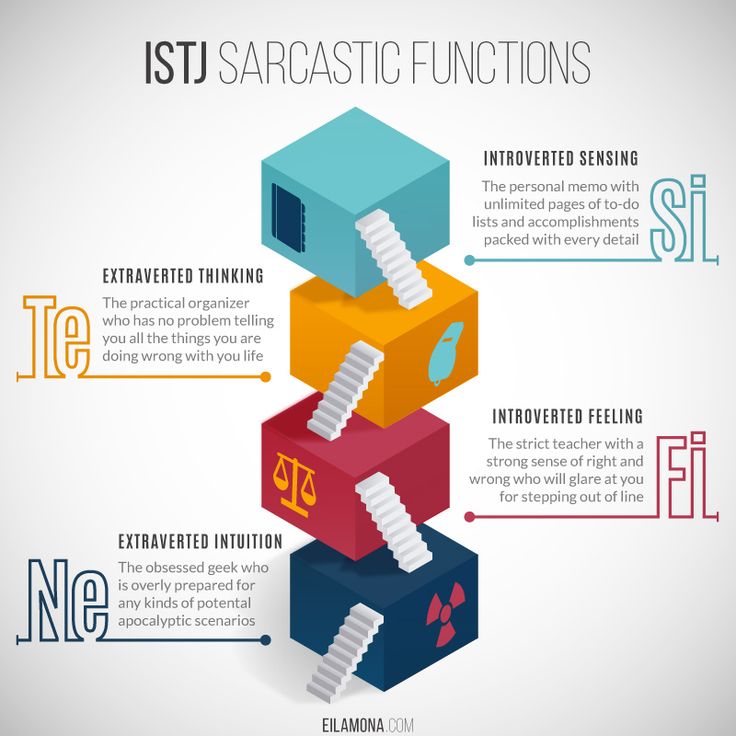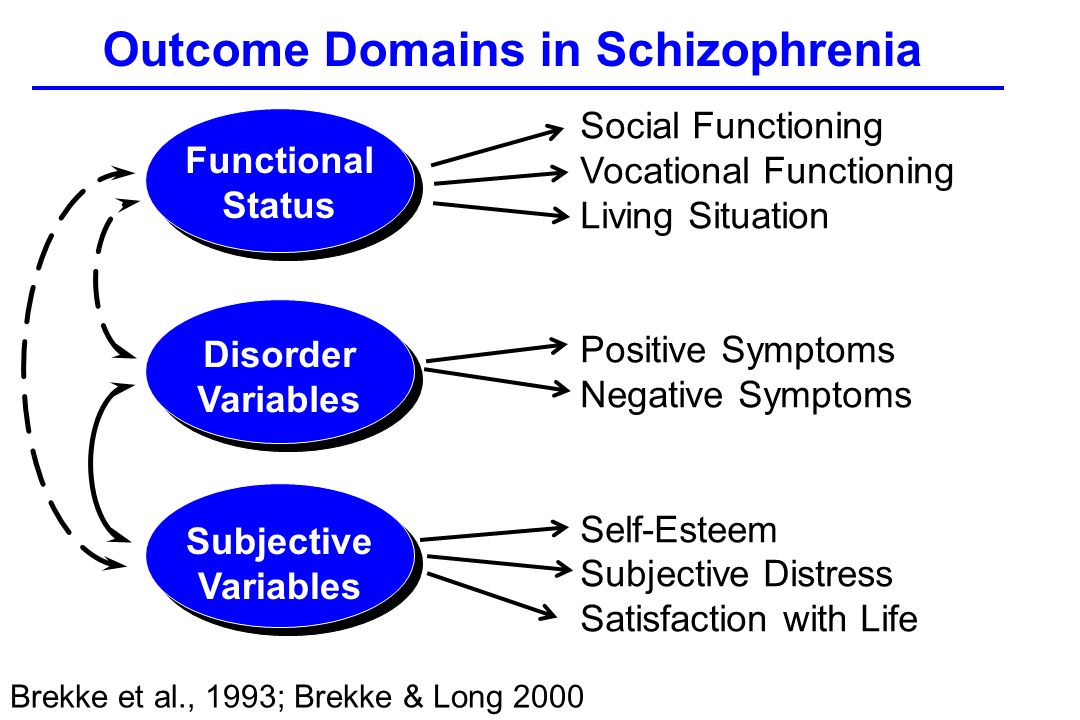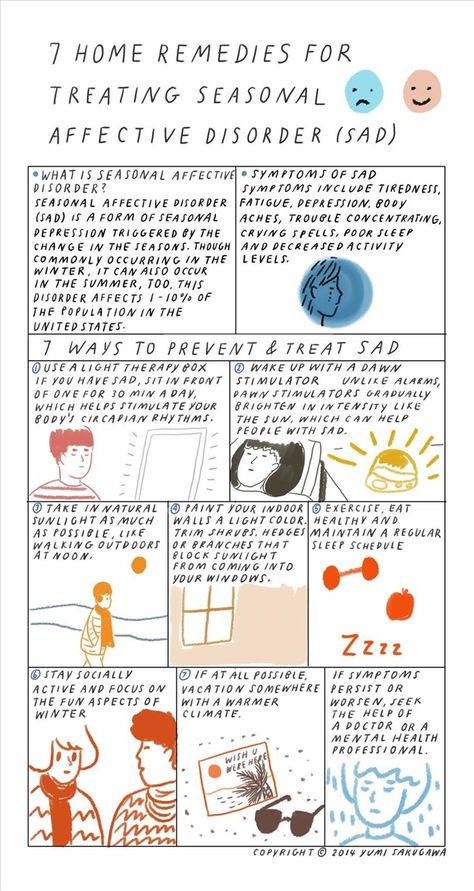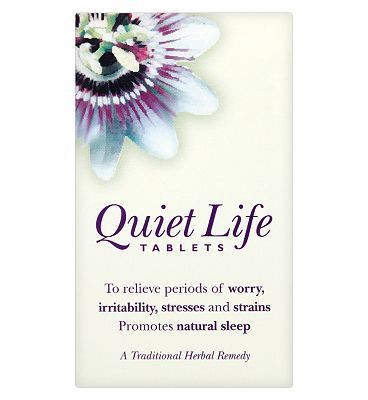When a heart is broken
Is Broken Heart Syndrome Real?
When Your Heart Breaks … Literally
When you think of a broken heart, you may picture a cartoon drawing with a jagged line through it. But a real-life broken heart can lead to cardiac issues. Depression, mental health and heart disease have established ties. Read on for more information about how an extremely stressful event can have an impact on your heart.
Breakdown of a Broken Heart
Broken heart syndrome, also called stress-induced cardiomyopathy or takotsubo cardiomyopathy, can strike even if you’re healthy. (Takotsubo are octopus traps that resemble the pot-like shape of the stricken heart.)
Women are more likely than men to experience sudden, intense chest pain — the reaction to a surge of stress hormones — that can be caused by an emotionally stressful event. It could be the death of a loved one or a divorce, breakup or physical separation, betrayal or romantic rejection. It could even happen after a good shock, such as winning the lottery.
Broken heart syndrome may be misdiagnosed as a heart attack because the symptoms and test results are similar. Tests show dramatic changes in rhythm and blood substances that are typical of a heart attack. But unlike a heart attack, there’s no evidence of blocked heart arteries.
In broken heart syndrome, a part of your heart temporarily enlarges and doesn’t pump well, while the rest of your heart functions normally or with even more forceful contractions. Researchers continue to learn more about the causes, and how to diagnose and treat it.
The bad news: Broken heart syndrome can lead to severe, short-term heart muscle failure.
The good news: Broken heart syndrome is usually treatable. Most people who experience it make a full recovery within weeks, and they’re at low risk for it happening again (although in rare cases it can be fatal).
What To Look For: Signs and Symptoms
The most common signs and symptoms of broken heart syndrome are angina (chest pain) and shortness of breath.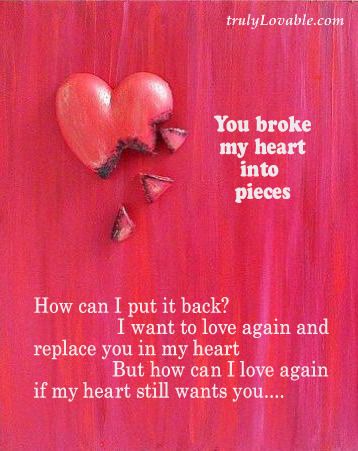 You can experience these things even if you have no history of heart disease.
You can experience these things even if you have no history of heart disease.
Arrhythmias (abnormal heartbeats) or cardiogenic shock also may occur with broken heart syndrome. Cardiogenic shock is a condition in which a suddenly weakened heart can’t pump enough blood to meet the body’s needs, and it can be fatal if it isn’t treated right away. When people die from heart attacks, cardiogenic shock is the most common cause.
Heart attack and broken heart syndrome: What’s the difference?
Some signs and symptoms of broken heart syndrome differ from those of heart attack. In broken heart syndrome, symptoms occur suddenly after extreme emotional or physical stress. Here are some other differences:
- EKG (a test that records the heart’s electric activity) results don’t look the same as the EKG results for a person having a heart attack.
- Blood tests show no signs of heart damage.
- Tests show no signs of blockages in the coronary arteries.
- Tests show ballooning and unusual movement of the lower left heart chamber (left ventricle).

- Recovery time is usually within days or weeks, compared with the recovery time of a month or more for a heart attack.
Learn More About Broken Heart Syndrome
If your health care professional thinks you have broken heart syndrome, you may need coronary angiography, a test that uses dye and special X-rays to show the inside of your coronary arteries. Other diagnostic tests are blood tests, EKG, echocardiography (a painless test that uses sound waves to create moving pictures of your heart) and cardiac MRI.
To keep tabs on your heart health, your health care professional may recommend an echo about a month after you’re diagnosed with the syndrome. Ask how often you should schedule follow-up visits.
Written by American Heart Association editorial staff and reviewed by science and medicine advisers. See our editorial policies and staff.
Last Reviewed: May 4, 2022
Related Articles
Warning Signs of a Heart Attack
Taking Care of Yourself
Stress Management
The science behind a broken heart
While it will be different for every person and every circumstance, there are some scientifically sound methods of heartbreak healing you can try.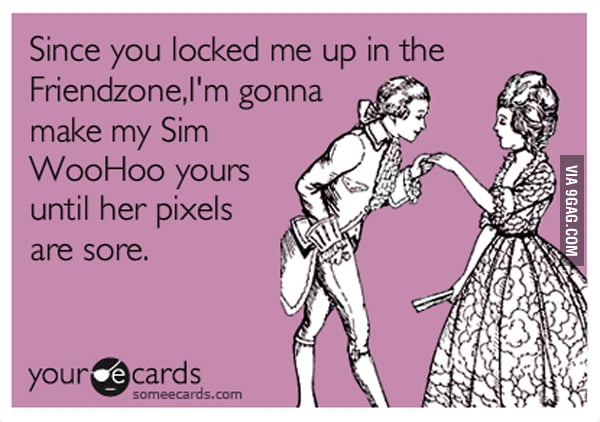
Heartbreak is an unfortunately common part of the human experience, and it really, really sucks. We’ve all been there, and it’s safe to say we all want to avoid experiencing heartbreak ever again.
We feel heart broken when we lose someone or something we loved or wanted very much, like a romantic relationship or a friendship, a family member, a pet, or a job or opportunity that was very important to us.
Heartbreak can cause a large amount of stress, especially if the loss is a sudden one. This stress can affect how we feel emotionally and physically, and may take weeks, months or even years to recover from.
While there’s still a lot to discover about how and why we experience love and heartbreak and the effect these have on our bodies, scientific study has provided us with some clues about why heartbreak makes you feel so rubbish, and some strategies to use if you’re feeling really down.
Why does it hurt so much?
Studies show that your brain registers the emotional pain of heartbreak in the same way as physical pain, which is why you might feel like your heartbreak is causing actual physical hurt. The language we use to describe heartbreak – “I feel like my heart’s been ripped out”, “it was gut wrenching”, “like a slap in the face” – all hint at the way we associate physical pain with emotional pain.
The language we use to describe heartbreak – “I feel like my heart’s been ripped out”, “it was gut wrenching”, “like a slap in the face” – all hint at the way we associate physical pain with emotional pain.
Heartbreak hormones
Hormones aren’t just for randy teenagers – our bodies produce a long list of hormones every day for different purposes, including falling in and out of love.
Love can be addictive, like a drug, because of the hormones our brain releases when we become really attached to someone or something. Dopamine and oxytocin in particular are hormones which make us feel good and want to repeat behaviours, and are released at elevated levels when we’re in love.
Then, when heartbreak happens, these hormone levels drop and are replaced with the stress hormone cortisol. Designed to support your body’s fight-or-flight response, too much cortisol over a period of time can contribute to anxiety, nausea, acne and weight gain – all those unpleasant mental and physical symptoms associated with heartbreak.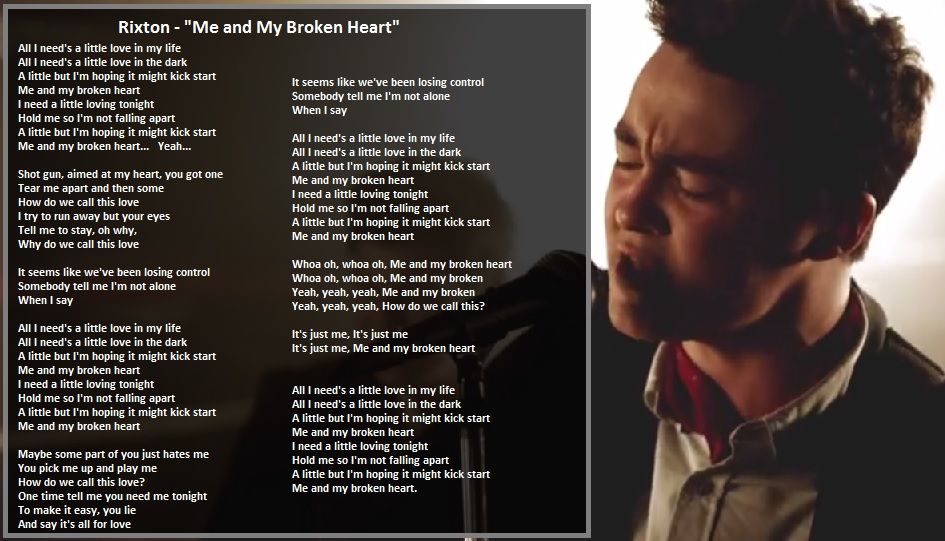
A medically broken heart
Ever wondered if emotional heartbreak can actually, physically break your heart?
Takotsubo Cardiomyopathy is the medical name for a syndrome that can be caused by heartbreak, or more accurately, the stress of a heartbreaking situation.
Acute emotional stress, positive or negative, can cause the left ventricle of the heart to be ‘stunned’ or paralysed, causing heart attack-like symptoms including strong chest, arm or shoulder pains, shortness of breath, dizziness, loss of consciousness, nausea and vomiting.
The good news: the condition doesn’t usually cause permanent damage like a heart attack does, and often resolves itself. The bad news: it can be stressful and painful, with people often thinking they’re having an actual heart attack.
Because it’s not possible to tell without tests what’s causing your symptoms, if you ever experience the symptoms of heart attack you should call Triple Zero (000) for an ambulance.
How to heal heartbreak
While it will be different for every person and every circumstance, there are some scientifically sound methods of heartbreak healing you can try.
Tips for dealing with general stress can help you in times of heartbreak, and set up healthy habits for an ongoing, healthy lifestyle. When you’re heartbroken, it can be easy to withdraw from your regular life and stop doing the things that you enjoy. But getting out and about, spending time with positive and supportive people, eating well and exercise can all help boost your mood and distract you from your upset.
Keep in mind that the old adage that “you’ll heal with time” has some truth to it. Over time, as the stress eases and you begin to calm down and recover, you should expect your bodily systems to gradually return to normal.
When to get help
There’s no shame in feeling like you’re not coping very well with a heart break – as we’ve seen, heart break can be a big shock to the system.
If you’re feeling like the stress, sadness or anger isn’t passing, if you’re having trouble getting back to normal life, or if you’re concerned in any way about how you’re feeling mentally or physically, it’s time to get some extra help. Talk with a supportive friend, family member or partner, book an appointment with your GP, or call a hotline like Lifeline or beyondblue to talk to a counsellor about how you’re feeling.
Talk with a supportive friend, family member or partner, book an appointment with your GP, or call a hotline like Lifeline or beyondblue to talk to a counsellor about how you’re feeling.
life hacks from a psychologist when parting with a loved one or death of a loved one
What to do, what to remember, and how to survive grief due to a breakup with a partner, the loss of a friend or the death of a loved one.
Anastasia Nikiforova
There is probably no person who has never experienced a broken heart. We usually associate this concept with the end of a romantic relationship, but grief is not an easy thing. The death of a loved one, the loss of a job, a career change, the loss of a close friend can break our hearts. All this leaves us confused and feeling that the world will never be the same again. nine0003
Contents of article
There is no magic patch for a broken heart - it will take time to heal. But there are practices that help support yourself and protect your emotional well-being.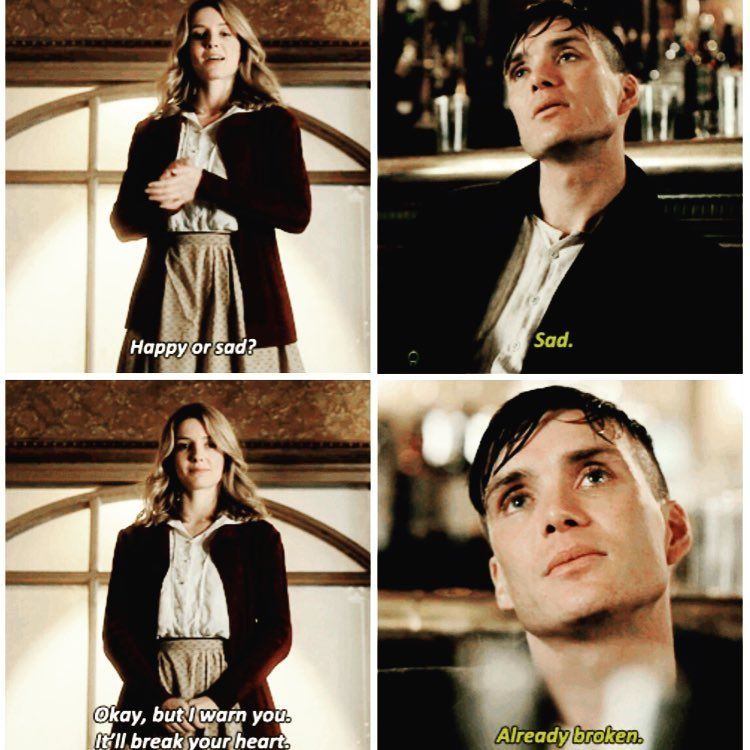 Here are some recommendations from psychotherapists and healthline.com.
Here are some recommendations from psychotherapists and healthline.com.
How to take care of yourself
Even if your last concern is to think about your needs, taking care of yourself is important. A broken heart needs strength - and so do you.
Allow yourself to grieve
There is no one “universal” grief that everyone experiences in the same way. So the best thing you can do is give yourself permission to feel what hurts inside: sadness, anger, loneliness, or guilt.
And although we are all different, perhaps close people will be able to feel our pain, recognize something of their own in it and support us.
Take care of yourself
It is easy for a broken heart to distract us from our daily needs. But grief is not only an emotional experience, it drains you physically. Scientists have proven that physical and emotional pain use the same pathways in the brain, so feelings cannot be considered separately from the body.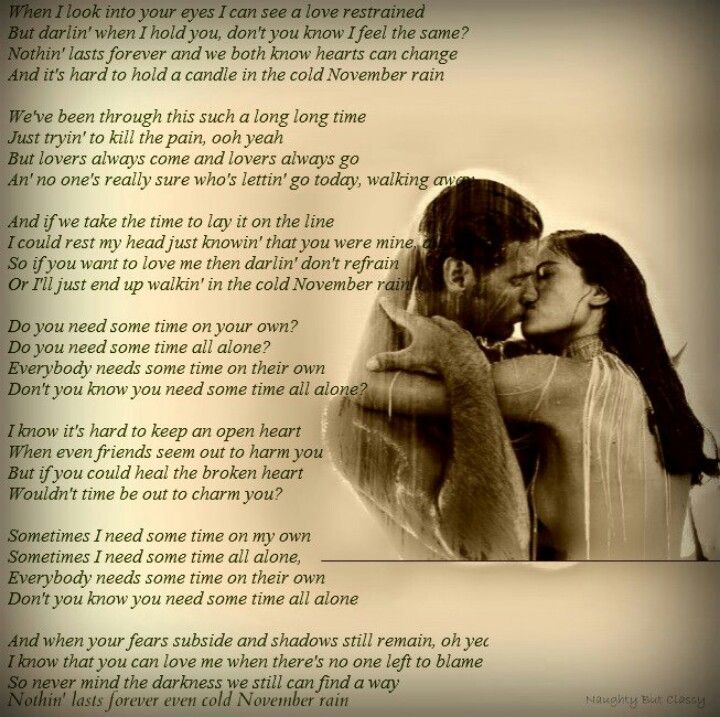 nine0003
nine0003
Exercise, deep breathing, and meditation can help you deal with your feelings. But don't beat yourself up if you don't have the strength to do all this - just move in small steps, one day at a time. And don't forget to drink enough water.
Let others know what you need
Everyone deals with loss differently. Someone prefers to close completely, others have enough circle of friends, others live through feelings, sharing them with a large audience on social networks. Decide how it works for you and how other people can help - keep your distance, be in close contact or more distant, etc. nine0003
Write down things that can help you (“card method”)
How it works:
- Make a list of what you need, including material and emotional support. This may include talking on the phone, hugging, helping with groceries, etc.

- Take a stack of cards and write down one item on each.
- When people ask how they can help, give them one of the cards or let them choose their own. Some people are not very good at comforting, but are brilliant in planning tasks, others are always ready to be in touch. Choosing from several ready-made items will allow your loved ones to understand how to help you, and it will unload your head, already clouded with worries. nine0050
Go outside
Studies have shown that just 2 hours a week in the fresh air improves our mental and physical health. It's great if you can take in the scenery while walking, but even just walking can help.
Read self-help books and listen to podcasts
Knowing that others have gone through and dealt with similar experiences can help reduce feelings of loneliness. Books and podcasts are a great way to accept and live your feelings. nine0003
nine0003
Try to do something nice for yourself
Set aside time every day for something positive - watching a funny series or funny videos, meeting friends, reading a good book. Planning for moments that bring joy is vital to healing a broken heart.
Seek professional help
It is very important to talk about your feelings with others and not try to bury them in yourself. Easier said than done, so a meeting with a psychologist or psychotherapist may be helpful. Even two or three meetings may be enough. nine0003
Skills worth learning
Coping with grief is important, but it is also helpful to develop new habits and skills to help you overcome the loss.
Accepting your pain
Don't waste time feeling ashamed or guilty about your feelings, it's better to put all your energy into healing.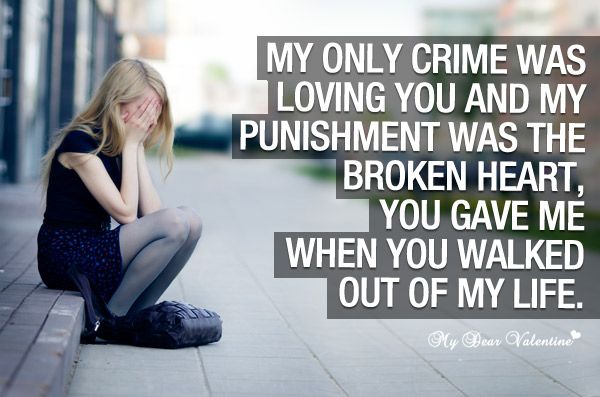 Schedule 10-15 minutes a day to mourn well, this is normal in your situation. After a while, you may find that you want to do it less and less. nine0003
Schedule 10-15 minutes a day to mourn well, this is normal in your situation. After a while, you may find that you want to do it less and less. nine0003
Self-compassion
This means treating yourself with love and respect, without judgment. Think about what you would say to a loved one who is going through difficult times, how would you show him that you care? This is how you should treat yourself.
Unloading the schedule
When we are in pain, it can be very difficult to focus on business. Keep this in mind when planning your work or social workload, leaving room for "feeling breaks." nine0003
Cultivating new traditions
If you end a relationship or lose a loved one, it may turn out that a whole piece of life full of rituals and traditions has gone with him (holidays are especially difficult).
Enlist the help of friends and family to create something new to replace what has been lost—traditions and memories.
Keeping notes
Writing in a diary or private blog can help you recognize and record feelings that you are not ready to share with other people. nine0003
Chat with a support group
This could be a social media group, forum or online support group. Regular communication in a safe environment, sharing feelings and experiences with those who have experienced similar things, can be very healing.
Getting in touch with soul and body
Experiencing loss or change can separate us from ourselves. You can return contact with the soul and body through physical exercises, walks in nature or meditation practices. nine0003
Things to remember
Our society, in movies and songs, has distorted ideas about how recovery from loss works. That is why it is so important to have realistic expectations.
Your experience is important
The death of a loved one is an obvious form of grief, but it can also be hidden, with the loss of a friendship or relationship. Even a career change or the departure of children from home can cause it.
The popular phrase “Children in Africa are starving” has never made anyone feel better. No one exclaimed, “Why am I crying, my problems are not problems at all in comparison with the problem of world hunger!” nine0003
It doesn't matter why you are in pain, what matters is that you are in pain. These feelings affect your life.
It's not a competition
It's natural to compare your experience with other people's, but grief is not a competition.
You can lose a friend to death, or you can lose a friendship, and the feelings will be very similar: you will have to learn to live in a world without important close relationships.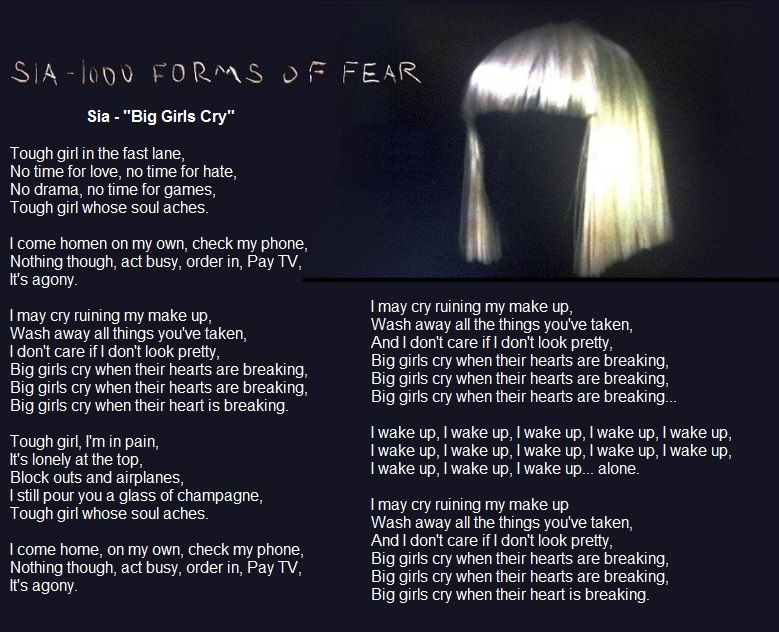
No expiration date in grief
Grief is not the same for everyone, it does not have a timetable like a train. Avoid those who say "it's time to move on" - you have the right to heal for as long as you need.
You can't avoid pain
No matter how hard it is, you have to go through it. The more you delay acknowledging your pain, feelings, and emotions, the further recovery is delayed.
Sometimes feelings will come over
As the experience of grief develops, the intensity of sadness will also change. Sometimes it will be soft waves coming and going, and sometimes feelings will overwhelm you, without any control. Don't judge yourself for the way your emotions show up.
You will have periods of happiness
It is perfectly normal to feel moments of joy even when you are sad.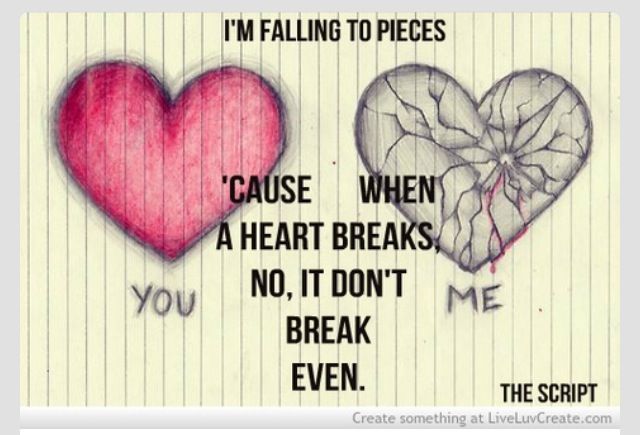 Focus on the present and allow yourself to accept the good things that are happening in life. nine0003
Focus on the present and allow yourself to accept the good things that are happening in life. nine0003
If you are experiencing the loss of a loved one, happiness may be accompanied by feelings of guilt. But joy is very important in order to move forward, and forcing yourself into negativity will not change the situation for the better.
It's okay to feel abnormal
Even if you do your best to heal your broken heart, sometimes there will be bad days. Take them for granted - you will continue healing tomorrow. It's normal to feel abnormal from time to time. nine0003
You'll need time
Don't expect your pain to go away before it's all gone. Try to accept the new reality and the fact that you will need time to process grief and heal.
What can you read?
Books help to distract and heal a broken heart, especially if they are personal stories about how other people experienced grief.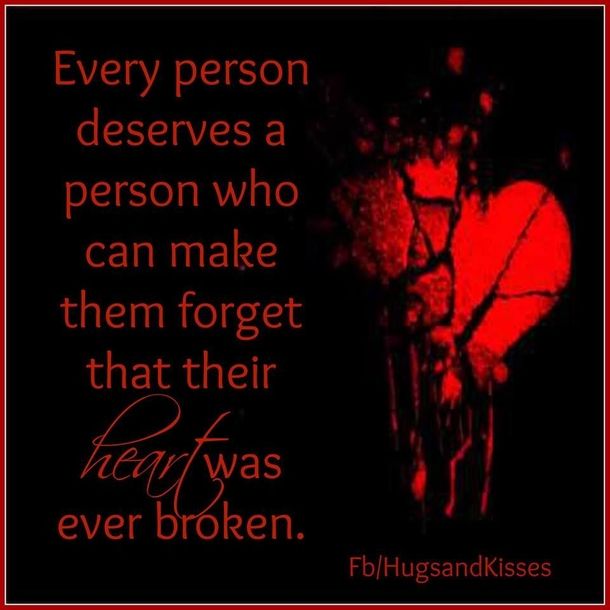 Here are some stories that might help.
Here are some stories that might help.
- Strayed Cheryl — Beautiful little things. Inspirational stories for those who do not know how to live on
- Lamotte Ann Small victories. How to Feel Happiness Every Day"
- Joan Didion "A Year of Magical Thinking" Joan Didion
- Nat Tit "The Lotus Grows Out of Mud. How to Transform Suffering into Happiness"
- Brown Brené "Gifts of Imperfection. How to love yourself just the way you are"
Have you had your heart broken?
Sadly, the hard experience of loss can change our lives forever. But pain follows light, so it's worth keeping moving forward. Survival time will end and a new life will begin , slightly different, but no less valuable.0003
The path to adulthood lies through a broken heart
27,909
A person among people Knowing yourself
About friendship
Friendship is a reflection of our presence in life and evidence of forgiveness.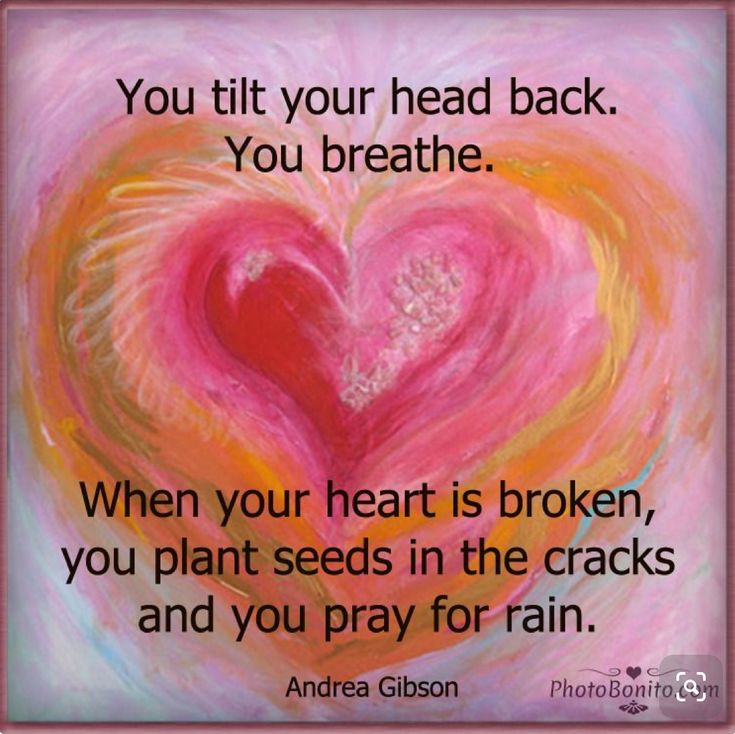 Friendship not only helps us see ourselves through the eyes of another, it can only endure for years with someone who forgives us for our mistakes again and again, just as we find the strength in ourselves to forgive friends in turn. A true friend knows our struggles and our Shadow and stays by our side—more often when we are vulnerable and weak than when we are successful and under the strange delusion that we don't need friends. nine0003
Friendship not only helps us see ourselves through the eyes of another, it can only endure for years with someone who forgives us for our mistakes again and again, just as we find the strength in ourselves to forgive friends in turn. A true friend knows our struggles and our Shadow and stays by our side—more often when we are vulnerable and weak than when we are successful and under the strange delusion that we don't need friends. nine0003
***
The deep current of true friendship is a blessing because we can discover it in its original form again and again through understanding and compassion. No matter how long friendship lasts, it is based on constant, mutual forgiveness. Without tolerance and compassion, friendship perishes.
***
As the years go by, close friendship always reveals a shadow side in the other person as well as in ourselves. To remain friends, we must know the other, his difficulties and even sins, and bring out the best in him - not by attacking with criticism, but by turning to the best in him, to the main creative facet of his personality, thus imperceptibly weakening that which diminishes him, makes you less generous, doesn't let you be yourself.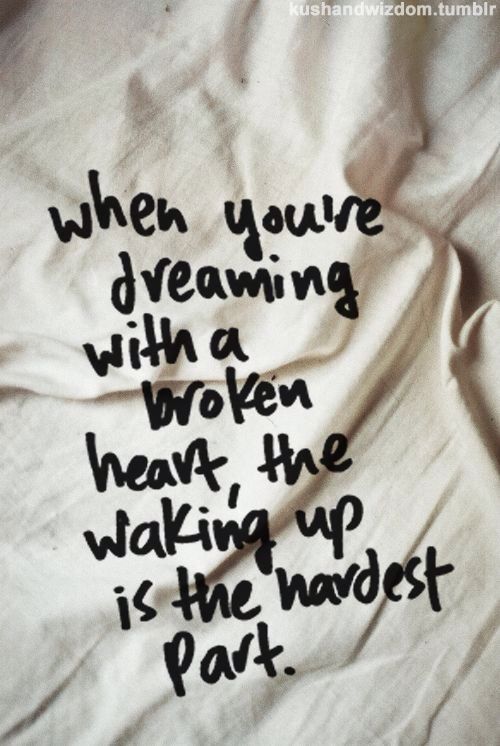 nine0003
nine0003
***
The highest measure of friendship - is not the improvement of oneself or others, the highest measure is to be a witness. The privilege to open up under the loving gaze of friends and exactly the same privilege - to be honored to see the most intimate in close friends, go through life with them and believe in them, sometimes just accompany them, even for a very short time, on a journey that is not given to anyone accomplish alone.
About a broken heart
It is impossible to protect yourself from disappointments, sadness, grief. A broken heart is a natural result of our love and care for someone or something over which we have no control ... The first crack in the heart appears when we are asked to let go, but we are unable to, in other words, disappointment and sadness settle in us, color and increase, as if under a magnifying glass, every single day; a broken heart is not a short-term phenomenon, it is a road that everyone, even the most ordinary, “average” person is forced to go.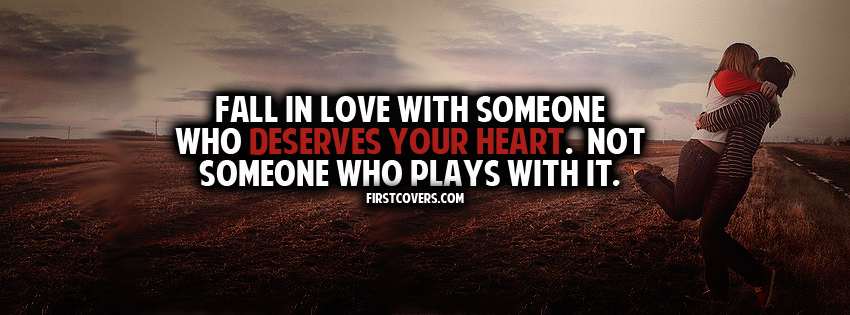 nine0003
nine0003
***
A broken heart is a sign of our sincerity: in love, in work, in an attempt to master a musical instrument, in an attempt to become more generous. A broken heart is a beautiful helpless part of love, its essence and emblem.
***
The path to adulthood lies through a broken heart; and yet we say "broken heart" as if it meant only that something went wrong: love was not reciprocated, the dream was shattered. But perhaps a broken heart is the core of our human existence, the main thing on the way from here to the other side, thanks to it we learn to love what we meet on our way. There is almost no road available to man that does not lead to a broken heart. nine0003
***
We can look at disappointment and grief in a different way: not as the end of the road or the death of hope, but as a strong embrace of what we have always wanted or is about to lose. A broken heart asks us not to look for another way, because there is no other way.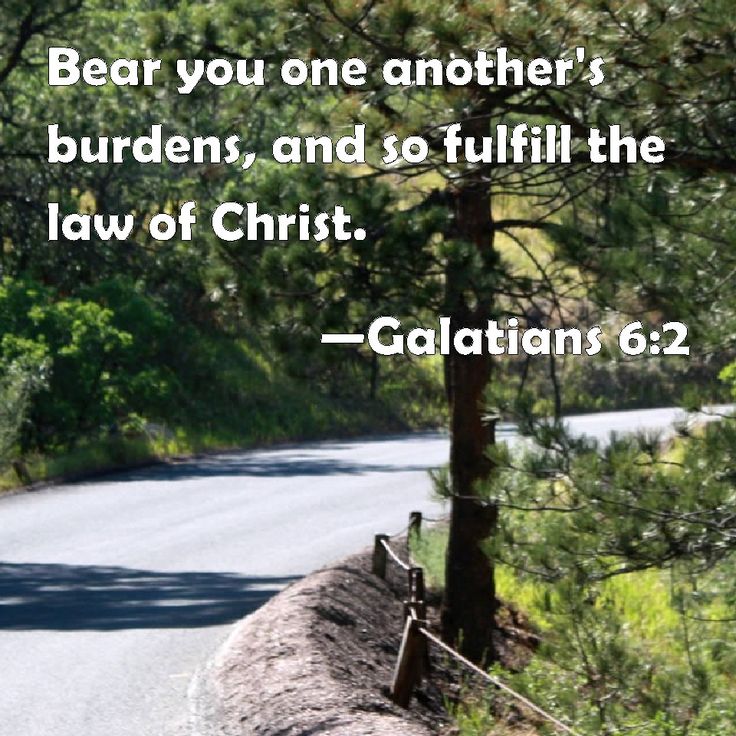 It calls us to what we love and have always loved, asking the inevitable and often beautiful question.
It calls us to what we love and have always loved, asking the inevitable and often beautiful question.
***
The things and people that have been with us from the beginning are asking us to be ready when the time comes to let go one last time. nine0003
About love
We, as human beings, have a wonderful ability - we can fall in love with a person, with a job, and even with the idea of our own existence.
***
Being in love enhances the sense of time. You feel that it is running away like sand. Only when we fall in love, we feel the present moment more acutely than ever and understand that what is available to us now may never happen again.
***
Love is the mirror of our own fleeting possibilities; inner sense of self. Love is a test of self-worth: I cannot believe that I am exactly what they think of me to let love into my life. Love comes to us, but at the same time it is a form of disappearance.
